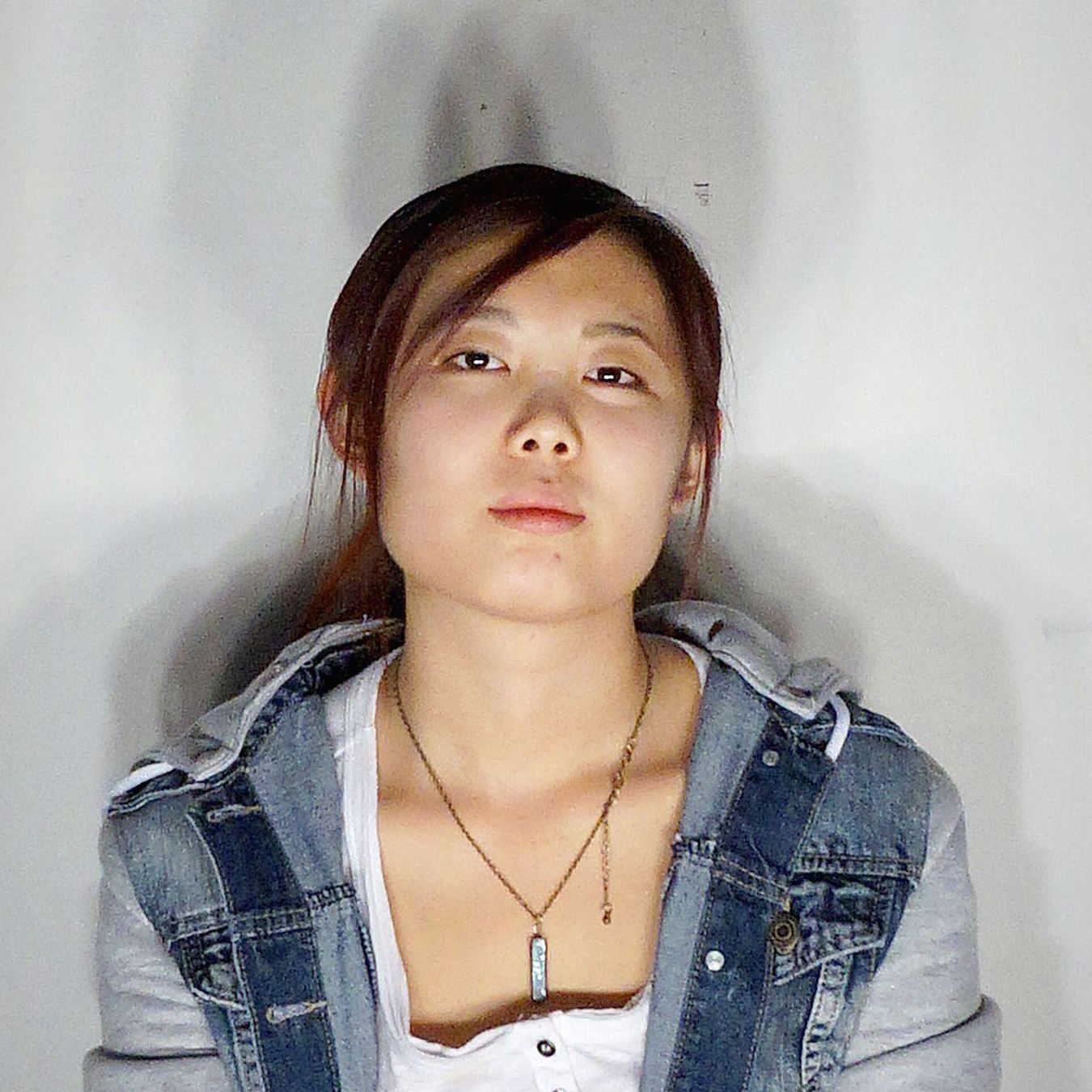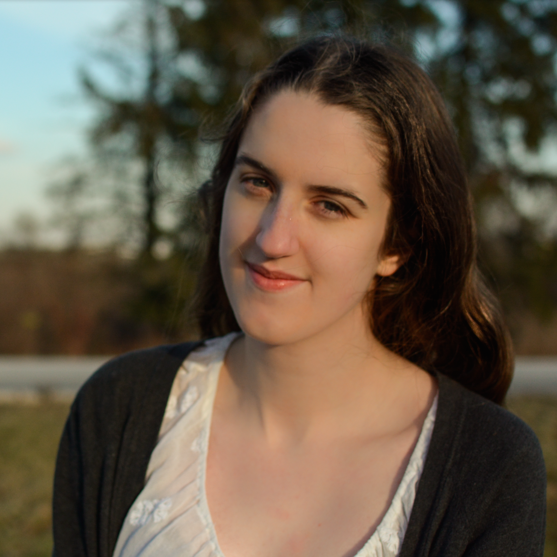Spotlight on Alumni: Andrew Markowiak
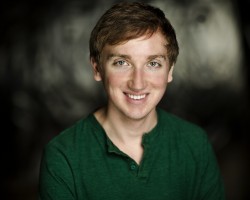
Andrew Markowiak is a graduate (BA 2014) of York University’s Department of Theatre, where he trained in Playwriting, Directing and Devised Theatre. Since graduating, he has primarily worked as an actor in film and television, recently appearing in FX’s Man Seeking Woman alongside Jay Baruchel, and Discovery’s Close Encounters. He also had the pleasure of working alongside five-time Canadian Comedy Award winner Nikki Payne on the series Ir-Reverend, currently being developed by Annie Bradley and Daniela Saioni for Nobody’s Daughters.
Andrew is a principal member of Filament Incubator, a collective founded with the express intent of being a launching pad for underproduced and underrepresented emerging artists, programming them on a consistent, monthly basis. The Incubator aims to be a catalyst in the creation and development of new Canadian work that spans a myriad of perspectives and aesthetics. Filament will be producing 8 plays in the next 8 months, including Andrew`s debut play, Lemon, running May 25-June 5, 2016 at the Majlis Art Garden. (Lemon was initially developed in the Playwriting and New Play Dramaturgy series of courses taught by Judith Rudakoff.) He also works as an arts administrator in Toronto, holding various positions at Canadian Stage, Tarragon Theatre and the Toronto Fringe.
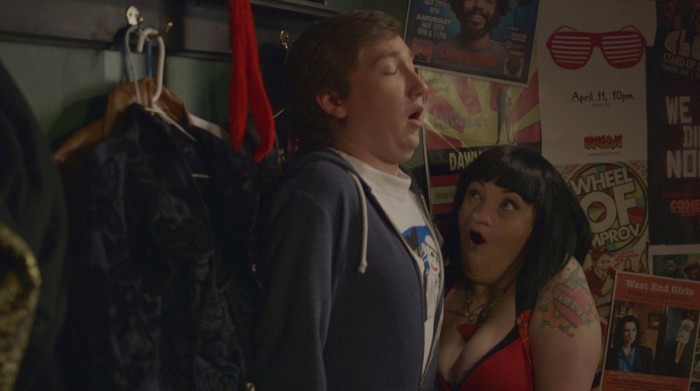
What attracted you to York in the first place?
York seemed to value who I was as a person every bit as much as they valued who I was as an artist. I remember my interview consisting largely of filling the panel in on which book I was reading at the time. We spent five minutes talking about Martin McDonagh. It took all the pressure off me having to be talented and having some sort of “it” factor, and allowed me to just share my passion for some of the more mundane things in my life. The questionnaire I had done at the beginning of my evaluation asked me to write about a show I had seen recently, so I wrote about the Mirvish production of Little House on the Prairie that I had attended with my high school. I gushed about it in that mini-essay. The panel called me out on it, and we ended up discussing how absurd a show it actually was. They made me feel so comfortable speaking my mind and not worrying about adhering to the attributes I imagined they were looking for. It was also invaluable having current students help facilitate the entire thing. I got a clearer picture of what life at York might be like, both in and out of the Theatre Department. Those students were able to give us information that can’t be found through the university’s website or brochures, and many of them became good friends over the next few years.
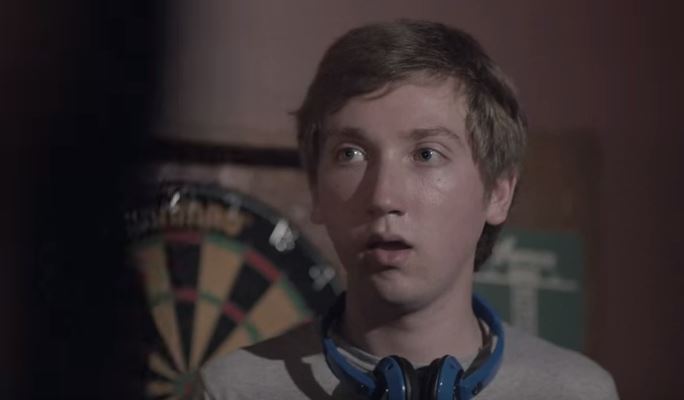
Did connections, friendships, relationships you made at York help you afterward?
Absolutely. There are York grads everywhere, working in every corner of the industry, and it’s a huge help – and comfort – to know that they at least understand your background to some degree. I’ve mostly worked in film and television since graduating, and it’s astounding how many York grads are working in casting, or wardrobe, or as grips or electrics. We’re everywhere. I was in Vancouver recently filming a commercial, and a member of the crew mentioned being from Toronto. We spoke for a little bit, and discovered that we were both York alumni. It proves just how small the world really is. More importantly, many of my peers from York are still some of my closest friends. It’s been an absolute joy watching them succeed in their own ways, whether it’s landing a gig at Stratford, or backpacking through Europe. My girlfriend was at York for a short while, and while we didn’t really know each other when we were studying there, that connection was definitely a conversation starter when we reconnected. I’ve gotten joe jobs because my boss either graduated from the program, or knew someone that had. Studying at York has influenced every facet of my life, and at the very least it’s opened up doors that wouldn’t be there otherwise.
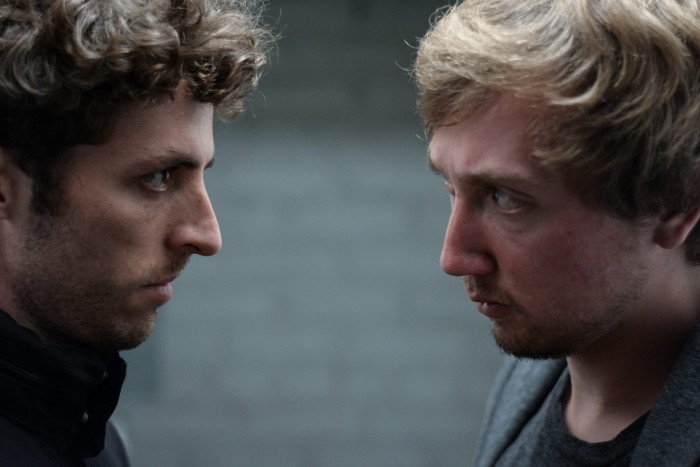
What did you learn at York that has been of greatest value?
I learned how to juggle. I mean, yes, I literally learned how to juggle, but studying in Devised Theatre forced me to wear a different hat every day, and that experience has been extremely useful both in my work as an artist, and in life. Since graduating, I’ve worked as an actor, writer, director, producer, publicist, consultant (I still feel too green to be paid for consultation, but it’s happened), box office supervisor, telesales representative, dramaturg, assistant director, etc. The list really goes on and on. It’s allowed me to step into roles that I may not have felt courageous enough to fill otherwise.
I was talking with a friend the other day who’s had the privilege of working with some renowned artists at some of the city’s largest theatre companies, and he told me that often in production meetings, it was apparent that those idolized individuals are clearly making things up on the fly, and seemingly feel as clueless or overwhelmed as the rest of us. School is a safe place to fail, but it doesn’t mean it’s the only place to fail. I’d be lying if I said that everything I’ve done since graduating has been a resounding success, but no one treats me any differently despite those duds. Life is largely trial and error. I also learned how to be flexible. [Professor] Judith Rudakoff would always urge our Playwriting class to be “flexible and hilarious” and that’s something I’ve really taken to heart. Life is a lot more fun when you don’t take yourself too seriously.
Do you have any advice or tips for York students just entering the department?
Find time for yourself. No homework. No rehearsing. No planning future projects. Find time to breathe and treat yourself. You are your most important tool in this business, so if you aren’t happy and healthy, you aren’t doing yourself any favours. For me, it was finding time to just hang out with friends from school in a completely unrelated environment. Going to see a movie, or to a restaurant, or playing video games or tossing a frisbee around. York has some great intramural sports leagues that are an absolute blast and can really help you de-stress. My friends and I joined the broomball league, because nobody knows what broomball is and it was hilarious and fun and a consistent way to take some time off essay writing. Eat well (a lesson I didn’t really take to heart until my later years at school), and get some sleep every once in a while.
Do you have any advice or tips for York students just about to graduate and join the job market?
It might take some time, and that’s perfectly all right. There will certainly always be those that achieve success right out of school, or those that have been working so consistently since childhood that they didn’t even bother stopping for an education. You might find yourself working immediately, or you might not. You could go out for an audition every day for a year, and never book a gig. It’s how you approach those lulls that will set you apart down the road. It’s totally natural to feel the stress of not landing work, but what will you do with that feeling? I wrote a play about it. Others I know turned to volunteer work, which has since led to some pretty great jobs at companies both in theatre and beyond. The most important thing is to take care of yourself. If you want to travel, travel. If you’re able to take a few weeks off to go recharge at a cottage somewhere, do that. Don’t worry about “missing out” on opportunities in the business. The industry will still be here when you return.
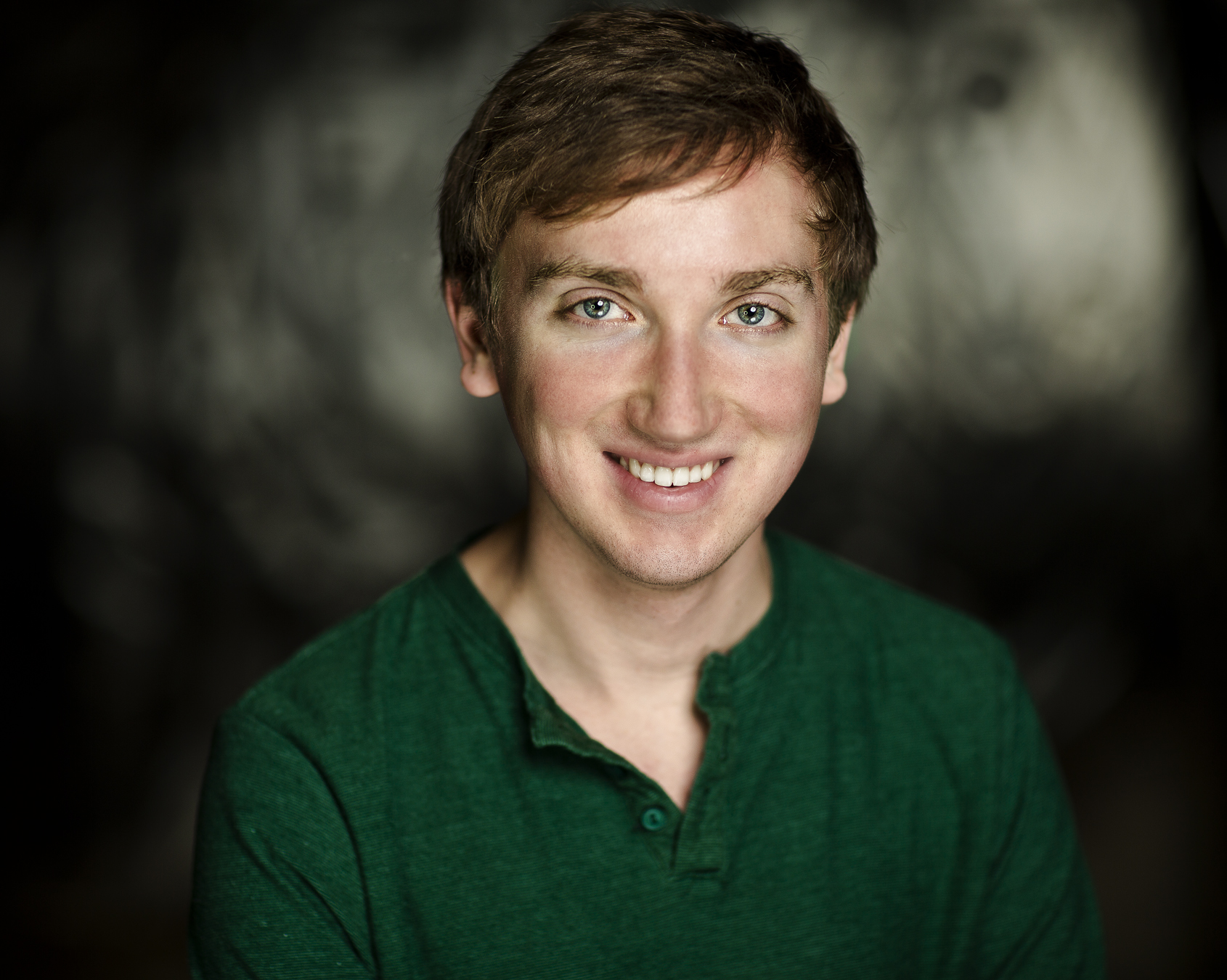
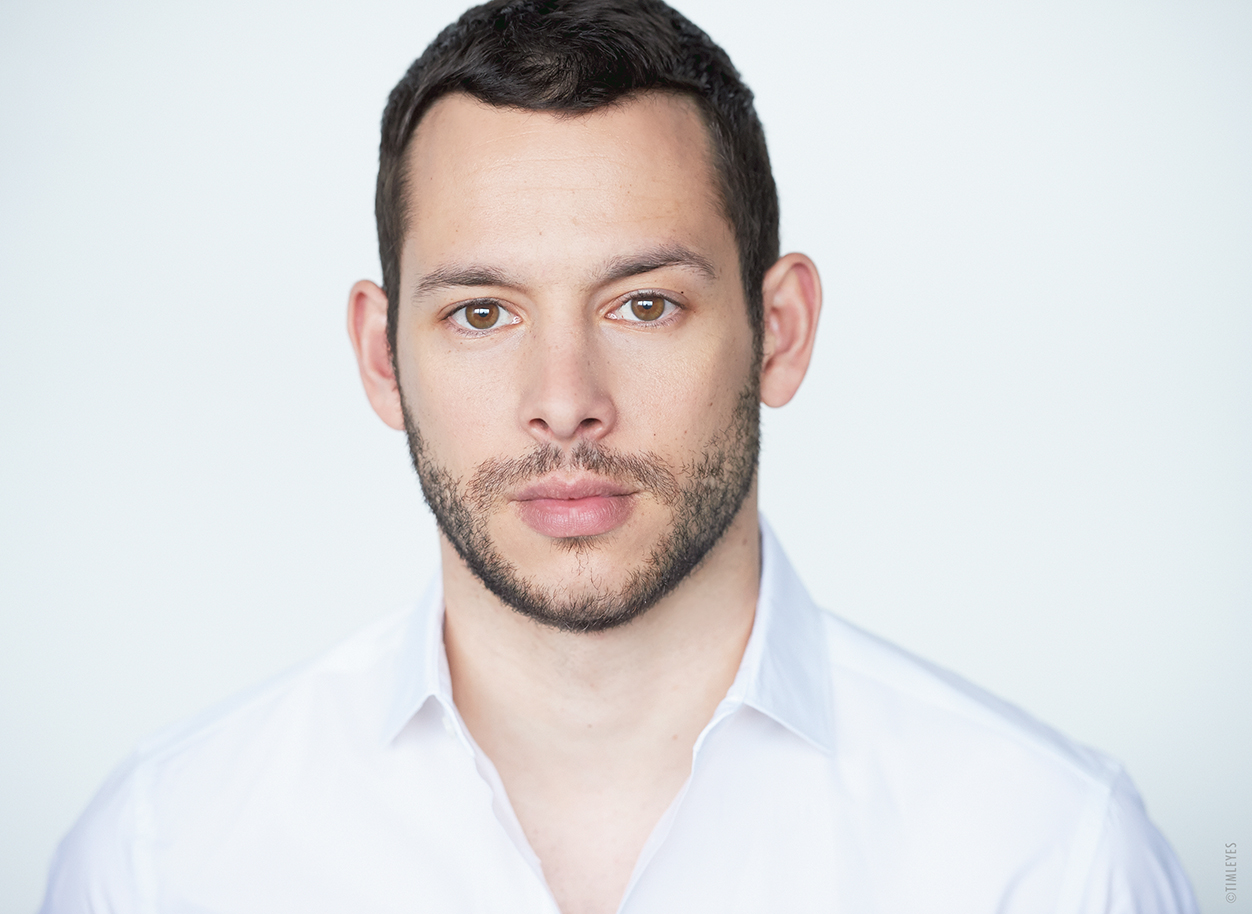
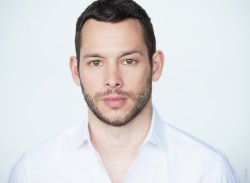
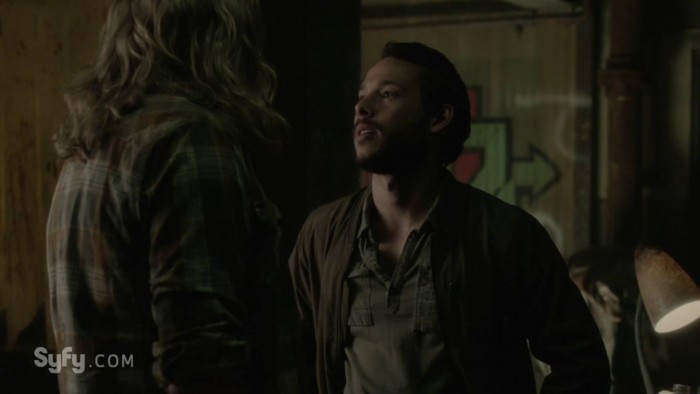
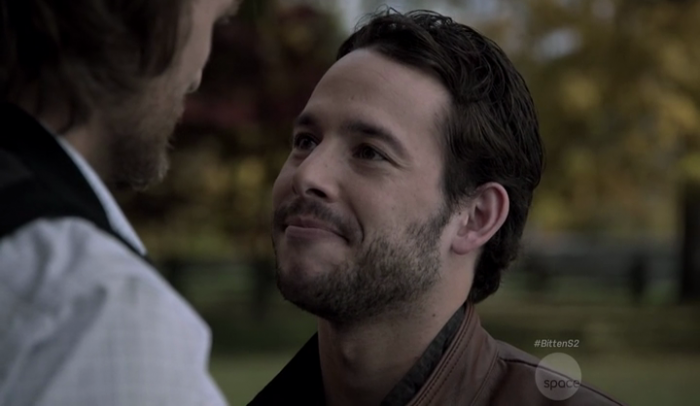
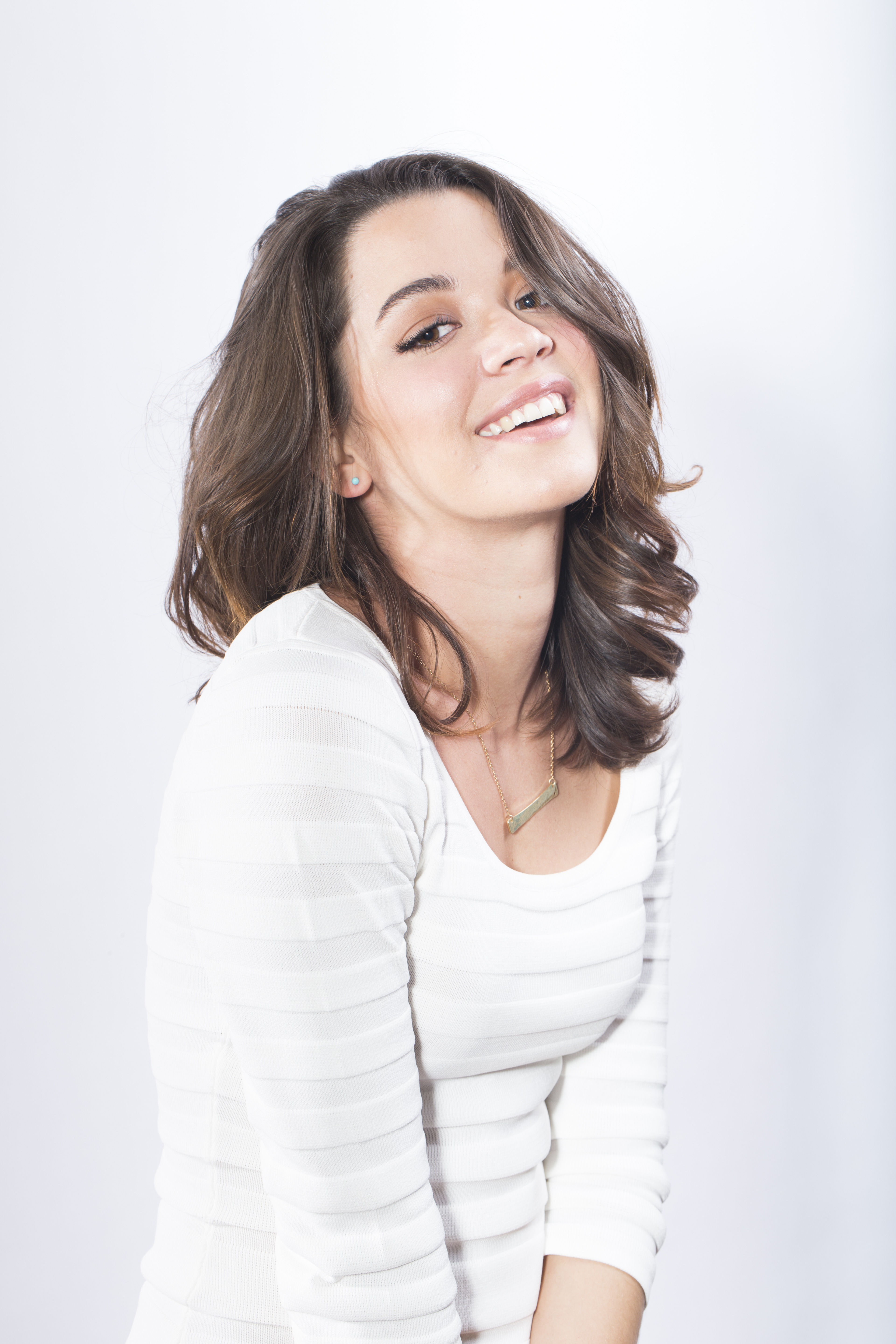
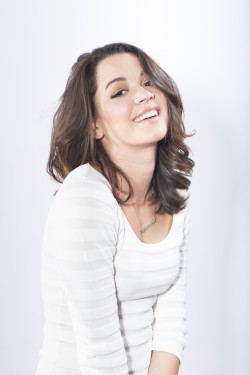
 Burton Auditorium. When I was at York, Burton theatre was already closed and being used for storage. It’s sad, but that silent stage is so beautiful. It has a kind of a spooky feeling to it. It’s really cool and magical. When you are in there it feels like you are in a place from the past.
Burton Auditorium. When I was at York, Burton theatre was already closed and being used for storage. It’s sad, but that silent stage is so beautiful. It has a kind of a spooky feeling to it. It’s really cool and magical. When you are in there it feels like you are in a place from the past.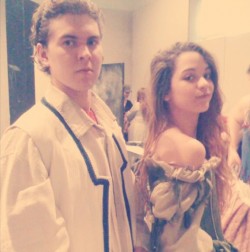
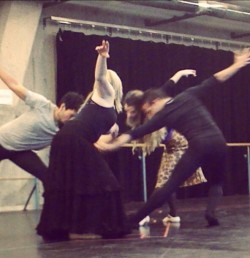 Yes. The first picture is with Eric Rich. We were scene partners when we did Restoration Theatre in third year acting, we had a blast. The second is also in third year’s movement class dancing a piece from the M
Yes. The first picture is with Eric Rich. We were scene partners when we did Restoration Theatre in third year acting, we had a blast. The second is also in third year’s movement class dancing a piece from the M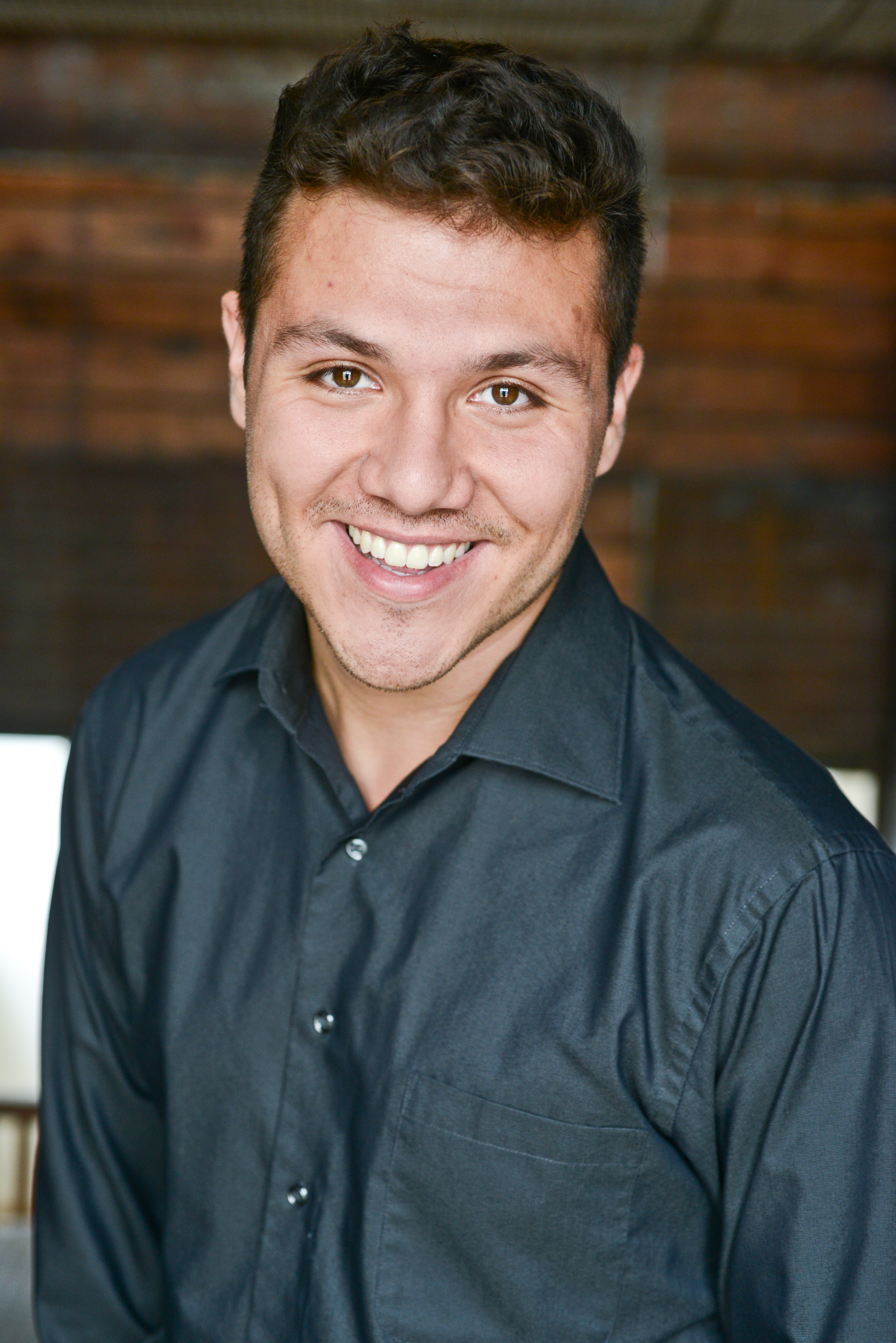
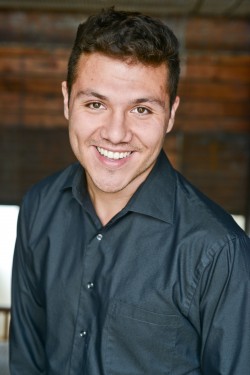 Emilio Vieira graduated York University in 2014 with a BFA from the Acting Conservatory. That summer he performed in
Emilio Vieira graduated York University in 2014 with a BFA from the Acting Conservatory. That summer he performed in 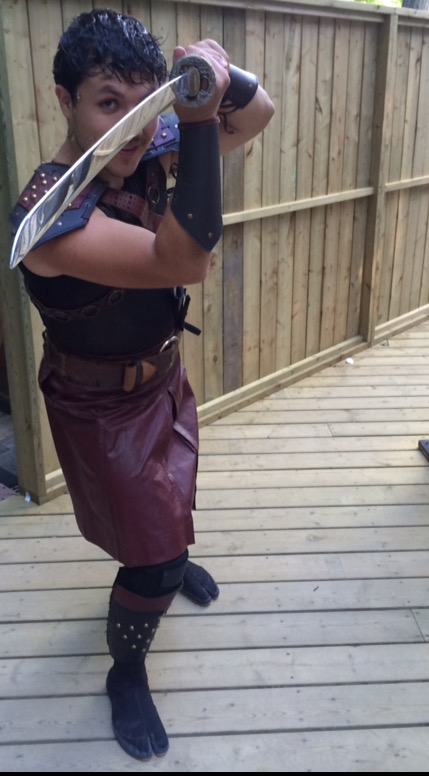
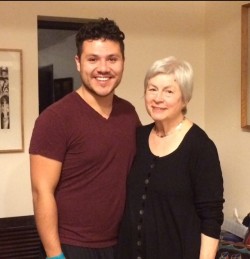

 Beryl Bain (BFA Acting 2005) is currently performing in The Grand Theatre, London’s production of The Mountaintop by Katori Hall to rave reviews.
Beryl Bain (BFA Acting 2005) is currently performing in The Grand Theatre, London’s production of The Mountaintop by Katori Hall to rave reviews.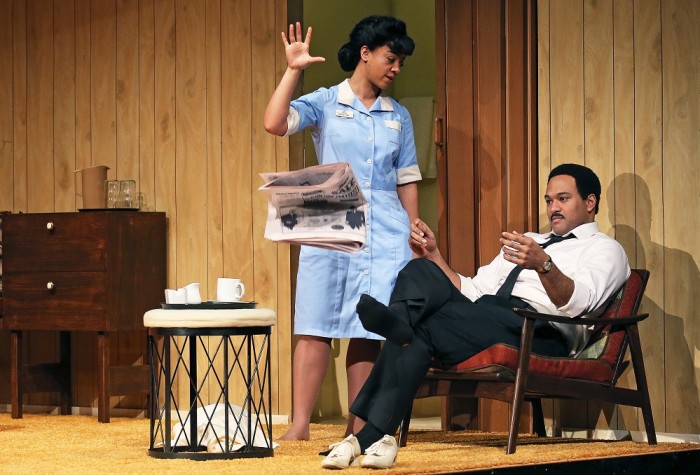
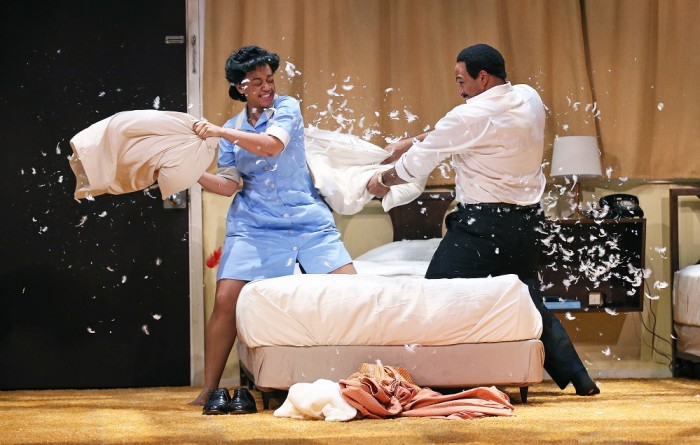
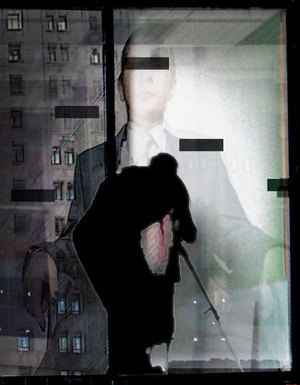 Theatre Prof
Theatre Prof 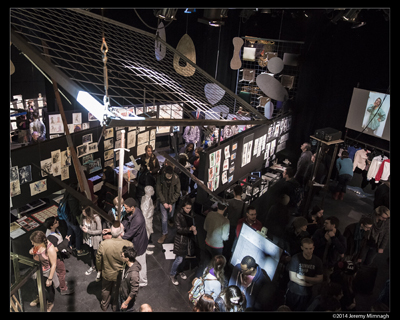 The Theatre Department’s annual exhibition showcasing the work of the Design and Production area, Scenes by Design, opens on Tuesday, March 31st, 2015 at 6:00 pm in the Joseph G Green Theatre. Scenes by Design offers an insider’s look at the creative work done behind the scenes before the curtain rises on a stage production. The exhibition features original set designs and maquettes, costumes, props, scene painting, renderings, drawings and lighting design by students in the production/design area. Scenes by Design will also include the anouncement of the 2015 – 2016 Theatre @ York Season.
The Theatre Department’s annual exhibition showcasing the work of the Design and Production area, Scenes by Design, opens on Tuesday, March 31st, 2015 at 6:00 pm in the Joseph G Green Theatre. Scenes by Design offers an insider’s look at the creative work done behind the scenes before the curtain rises on a stage production. The exhibition features original set designs and maquettes, costumes, props, scene painting, renderings, drawings and lighting design by students in the production/design area. Scenes by Design will also include the anouncement of the 2015 – 2016 Theatre @ York Season. 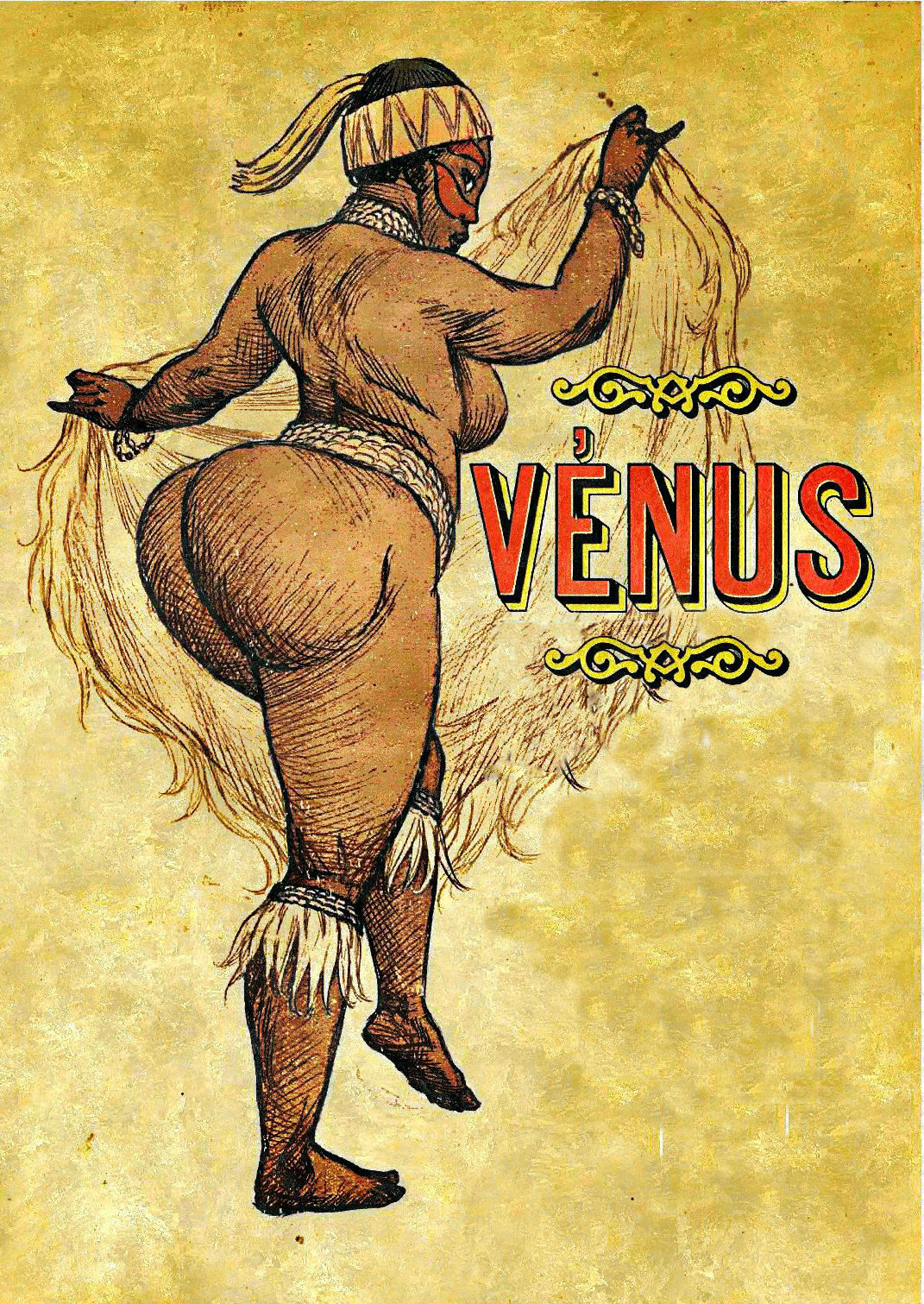 Venus, directed by MFA directing student Jamie Robinson, was dedicated to exploring the ideas of body image and exploitation while telling the story of Sara Bartmaan also known as The Venus Hottentot. Sara Bartmaan was put on display as a sideshow freak throughout England and France from 1810 until her death in 1815 at the age of twenty-six. Suzan-Lori Parks tells Baartmans’ story through an Afrocentric lens, adding satire to a tragic tale, resurrecting her as a human being experiencing the full spectrum of love and hate, pride and humiliation, fame and degradation. Losing the ability to tell this story as planned was a tragedy.
Venus, directed by MFA directing student Jamie Robinson, was dedicated to exploring the ideas of body image and exploitation while telling the story of Sara Bartmaan also known as The Venus Hottentot. Sara Bartmaan was put on display as a sideshow freak throughout England and France from 1810 until her death in 1815 at the age of twenty-six. Suzan-Lori Parks tells Baartmans’ story through an Afrocentric lens, adding satire to a tragic tale, resurrecting her as a human being experiencing the full spectrum of love and hate, pride and humiliation, fame and degradation. Losing the ability to tell this story as planned was a tragedy.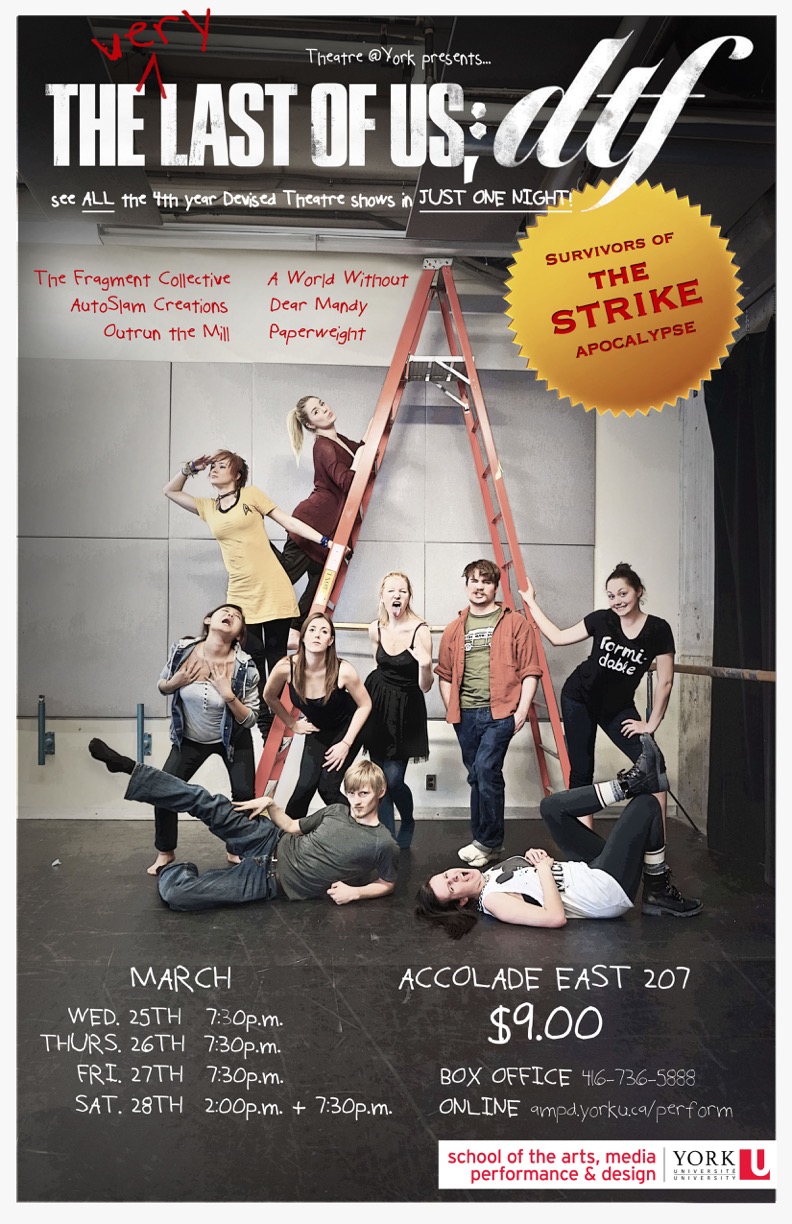
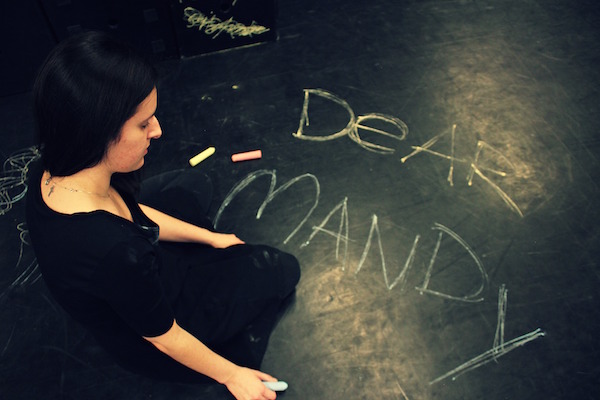
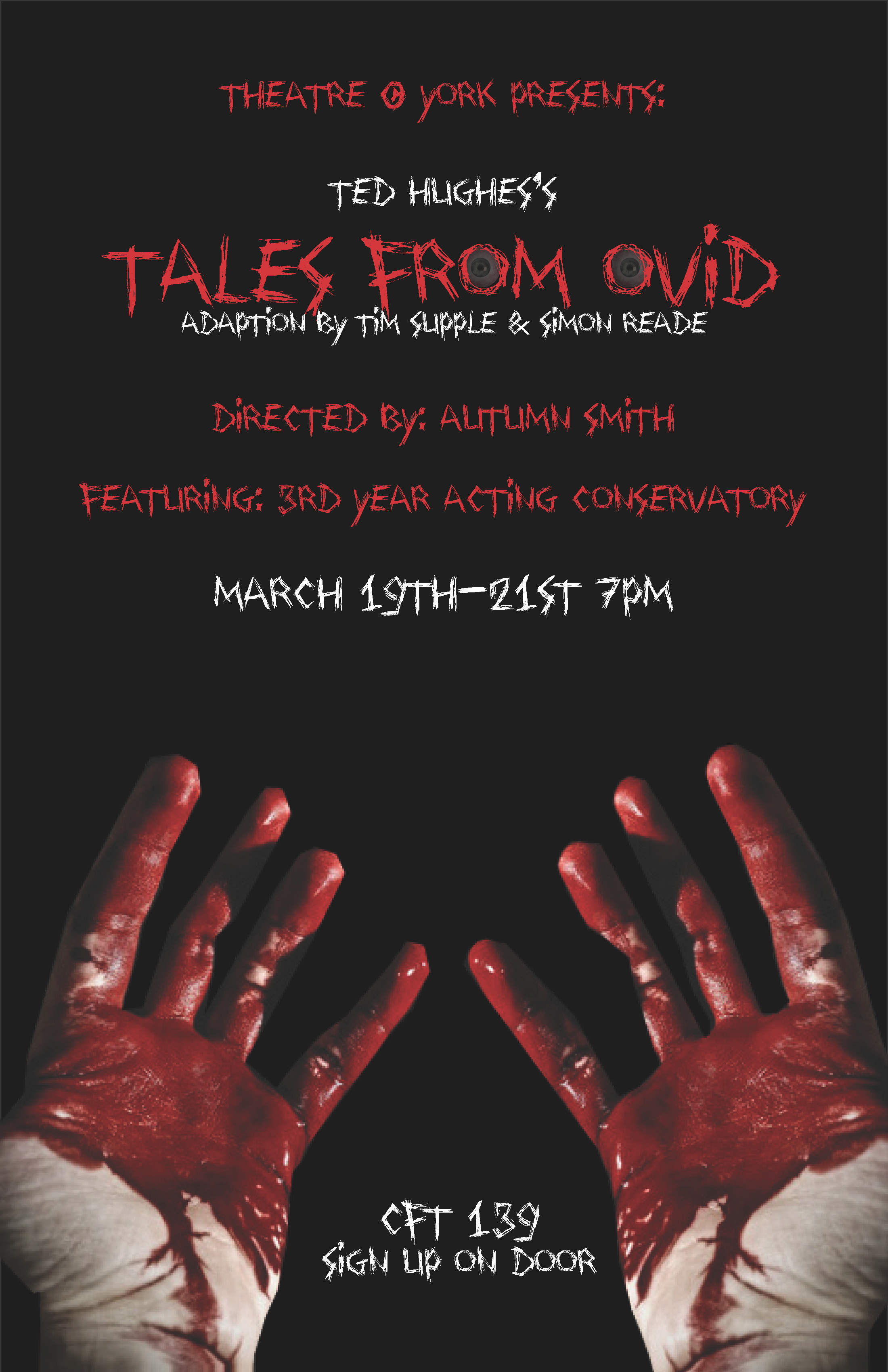 A selection of tales from Ted Hughes’s Tales From Ovid. The blind folly of man forces divine transformation. Come witness the spirit world as seen through the eyes of the blind prophet. This epic by former British Poet Laureate Ted Hughes features thrilling stories of literal human transformation, dramatic acts of violence, and very angry Gods. Directed by Autumn Smith with the 3rd year Acting Conservatory in a play that defies all expectations.
A selection of tales from Ted Hughes’s Tales From Ovid. The blind folly of man forces divine transformation. Come witness the spirit world as seen through the eyes of the blind prophet. This epic by former British Poet Laureate Ted Hughes features thrilling stories of literal human transformation, dramatic acts of violence, and very angry Gods. Directed by Autumn Smith with the 3rd year Acting Conservatory in a play that defies all expectations.
